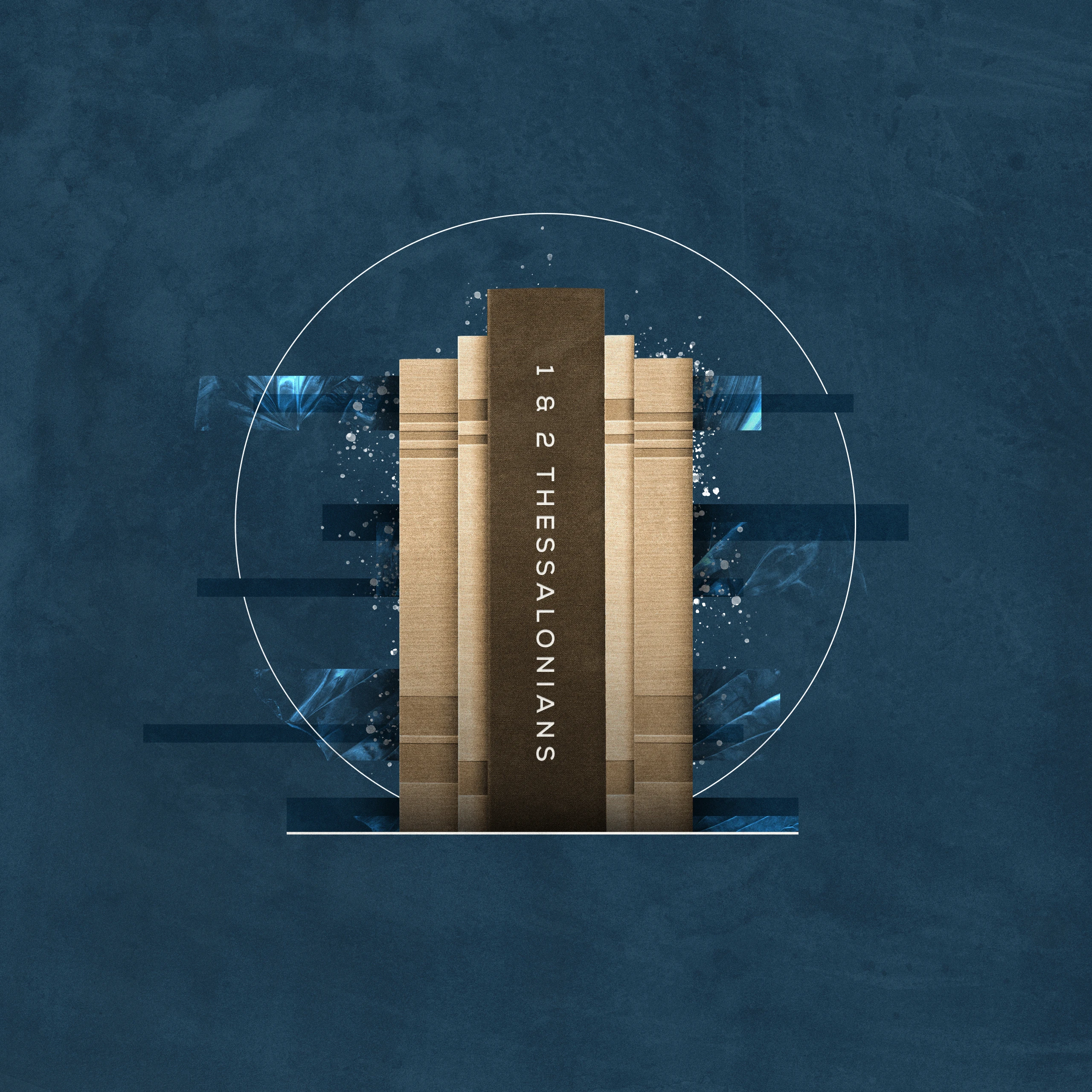Top 5 Commentaries on the Books of 1 & 2 Thessalonians

The historical context of Paul’s epistles to the Thessalonians is found in Acts 17:1–10. This narrative recounts Paul’s work in the city of Thessalonica during his second missionary journey. While there he spoke in the synagogue, persuading some Jews and even more God-fearing gentiles that Jesus was the promised Messiah. Some of the Jews, however, became envious and dragged a few of Paul’s converts before the city authorities, claiming that the Christians were being seditious (“saying that there is another king, Jesus”). Paul and Silas were forced to leave the city, so they made their way to Berea. Paul would soon afterward travel to Athens and then Corinth. Paul wrote the first epistle to the Thessalonians after being forced to leave the city. He was concerned for these new believers because of the persecution they were suffering. His first epistle to them was probably written while he was in the city of Corinth, sometime in the latter part of AD 50 or early 51. The second epistle was written not long afterward. There are a number of helpful commentaries on the Thessalonian epistles, and the following are five of the best.
1. Jeffrey A. D. Weima — 1–2 Thessalonians (Baker Exegetical Commentary on the New Testament, 2014).
Jeffrey Weima is one of the foremost, if not *the *foremost, experts in the broader Reformed world on the Thessalonian letters. His vast knowledge of these letters is evident in this commentary, which for the foreseeable future will likely be the definitive work on the Thessalonian epistles. Very highly recommended.
2. Gene L. Green — The Letters to the Thessalonians(Pillar New Testament Commentary, 2002).
Because the epistles to the Thessalonians contain one of the most difficult and debated texts in the entire New Testament (2 Thess. 2:1–12), it is next to impossible to find a commentary with an interpretation of this text with which there are no unresolved problems. Green’s outstanding commentary is not without its own problems on this text, but all things considered, this is one of the best commentaries on these letters currently available. It contains much helpful background information and very helpful theological insight.
3. Gary S. Shogren — 1 and 2 Thessalonians (Zondervan Exegetical Commentary on the New Testament, 2012).
Shogren’s work on Thessalonians is interesting because it is written by one actively serving as a missionary. Shogren works in Costa Rica and is able to bring that additional perspective to his work. Like all of the volumes in the ZECNT series, this one is very helpful. Like all commentaries on Thessalonians, no one will agree with every interpretive decision. It should be consulted by all who are doing in-depth study of these epistles.
4. Charles A. Wanamaker — The Epistles to the Thessalonians (New International Greek Testament Commentary, 1990).
Wanamaker attempts to resolve some of the difficulties related to these letters by arguing that 2 Thessalonians was actually written before 1 Thessalonians. I am not persuaded, but my disagreement on this point does not mean that I do not appreciate this commentary. Like all of the commentaries in the NIGTC series, it is technical and requires some knowledge of Greek. A very useful work for those doing in-depth study.
5. G. K. Beale — 1-2 Thessalonians (IVP New Testament Commentary, 2003).
Beale has written what many consider to be a definitive commentary on the book of Revelation, and now we have the results of his research into the Thessalonian epistles. Whether one agrees or disagrees with all of his conclusions, Beale always has interesting food for thought.
Runners-Up:
There are a number of other helpful commentaries on the Thessalonian epistles. Leon Morris has contributed an introductory-level commentary to the Tyndale series and a more in-depth commentary to the NICNT series. Other helpful commentaries on these epistles are those by F.F. Bruce, Gordon Fee, Ben Witherington, Robert J. Cara, Michael W. Holmes, Ernest Best, I. Howard Marshall, D. Michael Martin, Andrew W. Young, Richard Mayhue, and Philip Arthur.
Helpful Related Works
A key theme in the letters to the Thessalonians is eschatology. The best introduction to this topic is Geerhardus Vos’ The Pauline Eschatology. Also helpful is Herman Ridderbos’ When The Time Had Fully Come.
This article is part of the Top 5 Commentaries collection.


